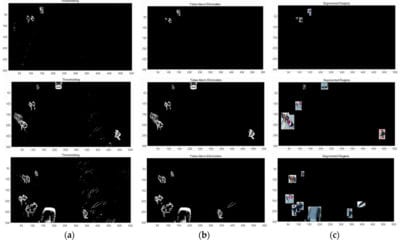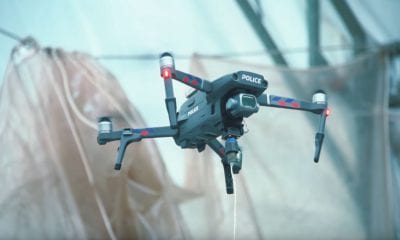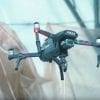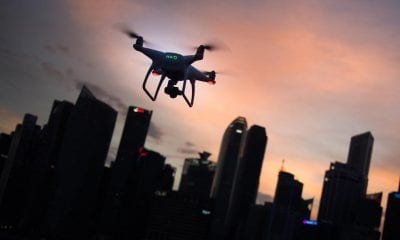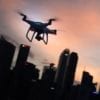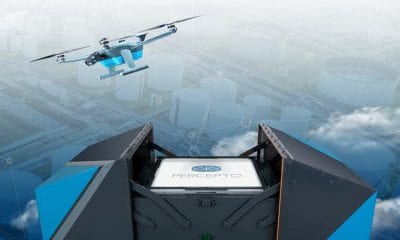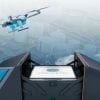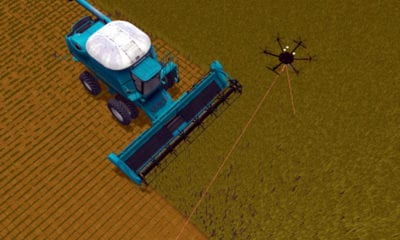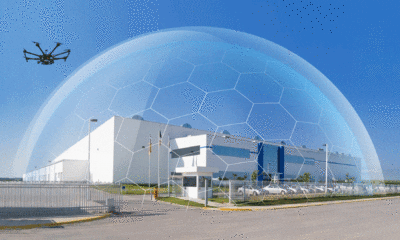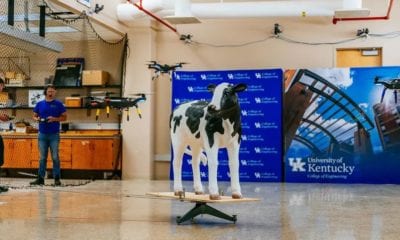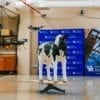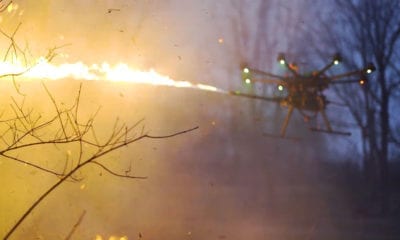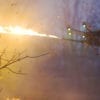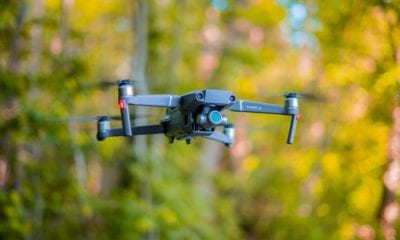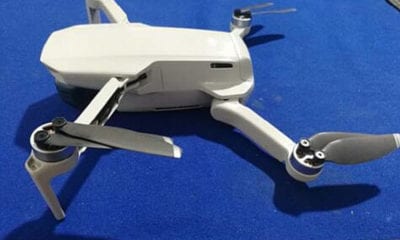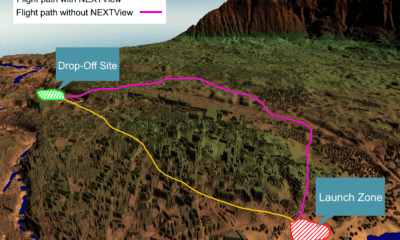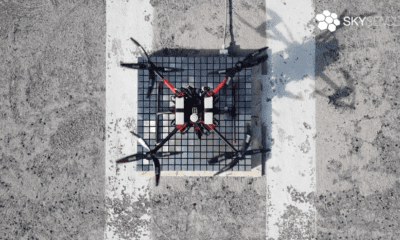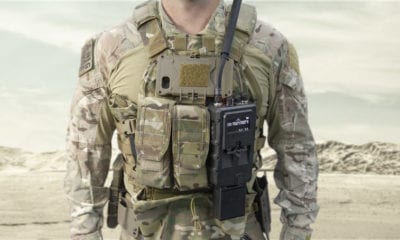News
Domestic Drone Surveillance and the Limits of Due Process Protection
“In 2012, six cows wandered onto the property of a North Dakota farmer, Rodney Brossart.1 The owner of the cows went to retrieve them. He told Brossart that the cows belonged to him, but Brossart told him that they were his cows now. An argument broke out and the police arrived to the scene. Brossart threatened the police, saying, “If you go on my land, you won’t walk off.”2 Brossart and his three sons were wielding firearms. After a 16-hour standoff, the police called a neighboring Air Force base, which dispatched a large fixed-wing unmanned aircraft vehicle (“UAV” or “drone”) called a Predator, which is armed with cameras and sometimes weapons. Soon Brossart was in police custody.”
This is how a new paper written by Benjamin White at the University of Cincinnati Law Review section begins – mainly to illustrate the benefits of domestic drone surveillance through the first case of arrest that was made (in 2012) with the help of a drone.
Addressing the Government Use of Drones and the Few Cases Where UAVs Were Deployed
In the following sections of the paper, White addresses on government use of drones and the (very few) cases where drones were deployed. According to him, the inchoate state of drone law definitely requires a close look at what sort of judicial protections are likely, in lieu of unified federal regulation, as he states.
According to White, drones “threaten to perfect the art of surveillance.” Unlike many different surveillance networks, they eliminate the feeling of getting observed, even if the information gathered was never used. This is what the paper focuses on in the continuing parts.
Citing Orwell and Pointing to Examples Including Snowden and Assange’s WikiLeaks Fame
While citing George Orwell, Edward Snowden and other examples, the author of this paper illustrates how the use of drones can help and infiltrate our private life. His thesis also covers Julian Assange and the WikiLeaks fame, which was described through the term “omniscient marvels of today’s surveillance state.”
The point of all those examples is clear. As White puts it in one of the sections:
“The introduction of public surveillance systems does not always tout such impressive numbers, and even the statistics above poorly represent other dynamics contributing to the change in crime. After similar surveillant interventions in Washington, D.C., crime was still sporadic. Statistical analysis did not clearly reveal that the cameras had produced a positive impact.”
According to the author, drones have a “unique threat to privacy” thanks to their advanced technological capabilities including facial, license plate and biometric recognition. Yet, the author also describes them as “controversial” because of their potential use by overreaching governments.
A Threat to Privacy Interests
Manned aircraft, according to White, poses a threat to privacy interests as well. As he states:
“Those cameras are what pose a threat to privacy interests, and drones of all sizes have them.Furthermore, manned aircraft impose practical limitations on the government’s surveillance ability, given the expense in acquiring, operating, and maintaining them.”
After reviewing the drone surveillance and due processes, the general conclusion that White pulls out is that without overt government intrusion in a person’s most private space, it is not likely that a court will grant broad due process protection to an individual complaining of the government’s use of drones.
As technology advances, he believes that state and federal congresses should embrace drones and their legislative role in tailoring policies that will protect individuals from overreaching the government uses of drones.
Citation: Benjamin White, Clipped Wings: Domestic Drone Surveillance and the Limits of Due Process Protection , 86 U. C in. L. Rev. 357 (2018) Available at: https://s cholarship.law.uc.edu/uclr/v ol86/iss1/11


